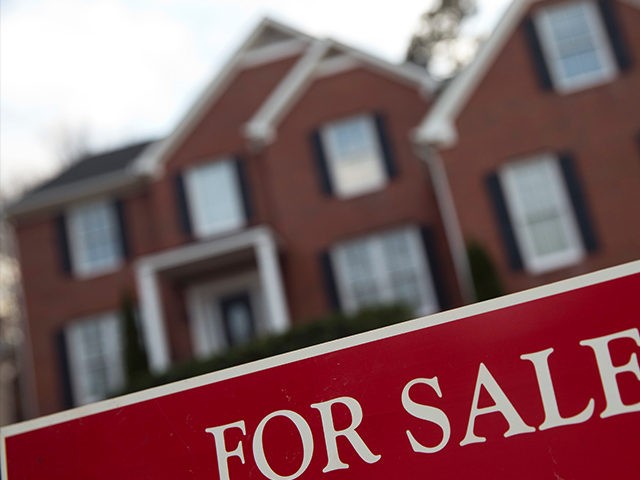Wall Street investors are snapping up houses people lost during the Great Recession and the coronavirus pandemic as the media report shocking statistics on housing.
The Washington Post reported investors last year owned almost one in seven homes sold in the top U.S. metropolitan areas. That is the most in 20 years, according to the Post’s analysis of statistics from the Redfin website:
In Charlotte [North Carolina] and elsewhere, according to The Post’s analysis, investors have purchased a disproportionate number of homes in neighborhoods where a majority of residents are Black. Last year, 30 percent of home sales in majority Black neighborhoods across the nation were to investors, compared with 12 percent in other zip codes, The Post’s analysis shows.
In Charlotte and surrounding Mecklenburg County, landlords backed by Wall Street own roughly 11,500 houses — more than 4 percent of single family homes, according to an analysis last year by the University of North Carolina at Charlotte Urban Institute. Most of the houses are in the starter home price range, “likely putting the most pressure on the lower end of the market,” said the institute’s Ely Portillo.
Most of those purchases were made by one of six major out-of-state companies: Progress Residential, American Homes 4 Rent and Invitation Homes each owned more than 2,000 homes, according to the Urban Institute analysis, while Tricon, Amherst Residential and First Key each had more than 1,000 homes.
The Post used stories from homeowners in some of the neighborhoods that oppose the trend and how they are fighting back.
“We were being bombarded,” Valerie Hamilton, past president of the Potters Glen Homeowners Association in her Charlotte, N. neighborhood, said.
“Don’t get me wrong — there are some very good renters in this neighborhood,” Hamiliton explained to the outlet. “But people who own their homes usually take more pride in their property, and we wanted to make sure we keep a place for them.”
“Our main concern was with the faceless investment groups who were buying the homes more than just the renters,” Justin Kerner, 41, a former home association board member said in the Post report. “If we’re sending a notice about garbage on the lawn to a company in Las Vegas, it’s going to end up on the desk of someone who doesn’t care what the neighborhood looks like.”
And aside from failing to maintain properties, crime also has moved in with the rentals.
“Six homes had bullet holes,” Keri Miller, treasurer of the homeowners association at Avalon at Mallard Creek in North Carolina, said about crime in her neighborhood.
The HOA’s in some states have been implementing new rules to keep the rental inventory capped, including the requirement that homeowners must not rent their home for one to two years.
“It’s working,” Miller said.
Follow Penny Starr on Twitter

COMMENTS
Please let us know if you're having issues with commenting.